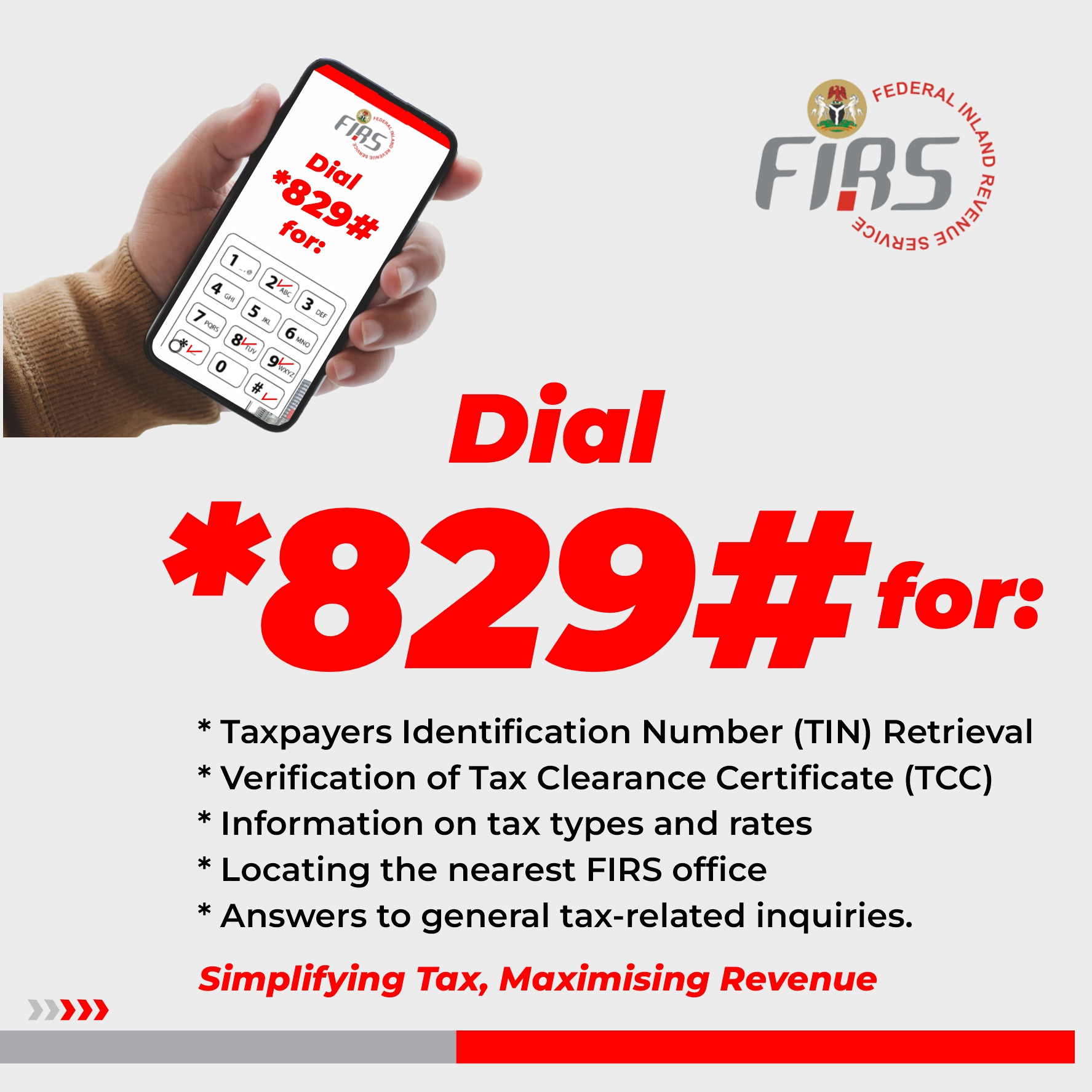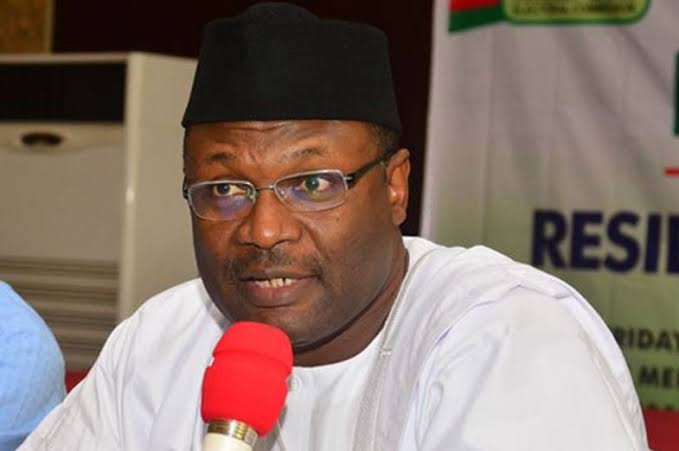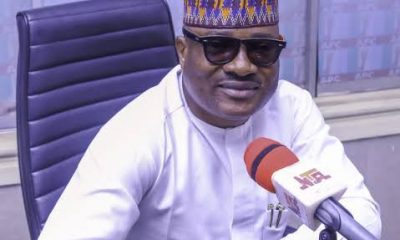Health
Women with disabilities urges health facilities to address their reproductive and health needs

Advocacy for Women with Disabilities Initiative (AWWDI), has called for the inclusion of Persons with Disabilities, PWDs, especially women and girls, in health facilities across the country, as part of efforts to promote their reproductive and sexual health.

The Programme Manager of the group, Mr Kolawole Jayeola made the call at a one – day workshop organised to sensitise the media on the need for an intensive campaign on the issue.

Jayeola said, “Today we decided to engage the media on the proper way to report the issue that has to do with women and girls with disability and their sexual and reproductive health rights.
“Over the years, the media play a vital role in shaping the mind and thinking of the public and whatever the media picks on, becomes the major discussion in the public. That is why it is a particular section that cannot be neglected and we want them to be fully aware of the cry and what women and girls with disabilities actually want about their sexual and reproductive health rights”.
The programme manager emphasised that women with disabilities experience double discrimination and are more vulnerable compared to those without disability. According to him, these women have equal rights compared to their able-bodied counterparts and therefore should be cared for.
He further lamented that a very high percentage of health facilities across the country run their activities without considering PWDs.
“We want women and girls to be properly addressed when it comes to disabilities, especially in health facilities. We want the mindset to change.
“Most of the hospitals are not accessible. There are no ramps for persons on wheelchairs in some hospitals. Almost all the hospitals, if not 99.9 percent, don’t have sign language interpreters. Also, in most hospitals, healthcare workers have a wrong attitude in attending to women and girls with disabilities”, he stressed.
Mr Jayeola however urged governments at all level to do all they can to change the narrative so that women with disabilities can live more comfortably.
“We want all of this to change. We want the best way to address these issues”, he said.
Sharing her experience,AWWDI Federal Capital Territory, FCT, Cordinator, Monsurat Fasasi who has hearing impairment said she found it difficult to communicate with the health workers in the hospital as there was no sign language interpreter designated in the facility.
She said, “There is no sign language interpreter in the hospital. We use local sign language interpreters. For Persons with Disabilities to enter the hospital is also very difficult. For example, a deaf person comes to the hospital and sits for long because of communication barriers. You will sit and wait and sometimes you don’t even know what the doctor is saying.
“So I am coming out to advocate that people with disabilities have sign language interpreters in hospitals. If there is a sign language interpreter, then there will be no communication barrier.
“There is also the need for braille for the blind because if you go to the hospital and you are blind, you can’t read whatever is given to you.
“There is also the need to train health workers to know their rights, to know that People with Disabilities have the right to have their own children and to provide whatever they need in the hospitals. You also need to know the kind of bed suitable for Persons with Disabilities, depending on their needs”, she added.

























